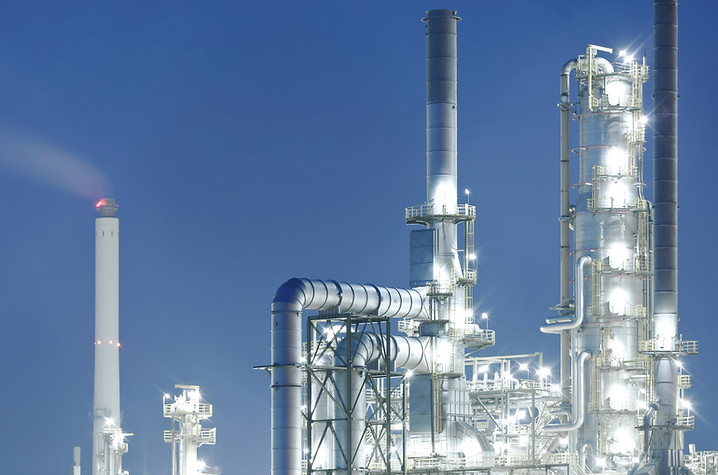
FOSSIL FUELS AND
THEIR IMPACT
Fossil fuels; everyone has heard of them. We were taught from a young age what they are and how they were made, but only recently have we began to educate ourselves on the impact they have on our environment. We know that fossil fuels are formed from decayed plants and animals that have been compressed over time and converted into things like natural gas, oil, and coal. Once we discovered that we could use these fossil fuels for energy, our way of life changed forever. We built our infrastructure and our way of life around the use of these fuels and currently, about 80 percent of the world’s energy comes from fossil fuels. The burning of these fuels releases a harmful amount of CO2 into the air causing pollution and depleting our ozone layer. This has caused UV rays from the sun to become trapped within our atmosphere, an event scientists call the greenhouse gas effect. This has lead to a gradual increase in the Earth’s average temperature. According to a study conducted by scientists at NASA’s Goddard Institute for Space Studies, “the average global temperature on Earth has increased by about 0.8° Celsius since 1880. Two-thirds of the warming has occurred since 1975, at a rate of roughly 0.15-0.20°C per decade.” But it’s not just using cars that run on gasoline and cutting down forests that is hurting us, it’s our entire way of life.
Almost everything we eat, use, and produce requires some type of fossil fuel for its manufacturing. Whether it is the gasoline used to fuel the tractors that grow crops for cattle or coal used to fuel machines in the factories that make our electronics, fossil fuels are everywhere. Although there are things we can do in our daily lives to decrease our own carbon footprint, the main problem lies with large corporations. According to study published in the scientific journal Climate Change, “emissions linked to 50 investor-owned carbon producers, including BP, Chevron, ConocoPhillips, ExxonMobil, Peabody, Shell, and Total, were responsible for roughly 16 percent of the global average temperature increase from 1880 to 2010, and around 11 percent of the global sea level rise during the same time frame.”
An important part of slowing down the rise of the Earth’s average temperature and stopping the effects of global warming is changing the way that our society runs. Although this will be a painstakingly slow process since fossil fuels are so ingrained in everything we do, we must start now. As an individual consumer, all the steps you take to reduce your carbon footprint are important; but there is only so much you can contribute as an individual. We must focus our efforts on changing how society views fossil fuels, which in the long run will have a better and longer lasting effect.